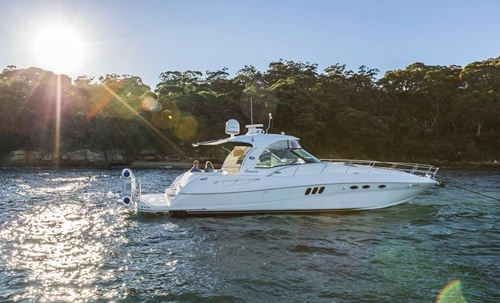Yes, it is illegal to exceed the capacity limits on a boat as specified by the manufacturer or state regulations. Exceeding these limits can lead to fines, citations, and even serious accidents, as it compromises the safety and stability of the vessel. Laws vary by state, but they are universally enforced to ensure public safety on waterways.
Understanding Boat Capacity Limits
1. Capacity Plate
- Most recreational boats under 20 feet in length are required by federal law to have a capacity plate issued by the manufacturer.
- The capacity plate provides the maximum number of people or weight (including gear and passengers) the boat can safely carry. It also specifies the maximum horsepower for the boat’s motor.
2. Federal Regulations
- Under U.S. Coast Guard regulations, exceeding the capacity limit on a recreational boat is considered negligent or reckless operation, which is illegal.
- While federal laws focus on safety, enforcement often falls to state agencies.
3. State-Specific Laws
Each state may have its own additional regulations and penalties for overloading a boat. For example:
- Florida: Overloading a boat is considered a violation of state boating safety laws.
- California: Exceeding capacity can result in fines or vessel impoundment during inspections.
- Texas: Overloaded vessels can lead to citations and immediate removal from the water.
Risks of Exceeding Boat Capacity
1. Stability and Buoyancy
Overloading a boat reduces its stability, making it more prone to capsizing, particularly in rough water or during sudden turns.
2. Increased Risk of Accidents
Overloaded boats are harder to steer and take longer to respond to controls, increasing the likelihood of collisions.
3. Legal and Financial Consequences
Exceeding capacity can void insurance policies, leaving boat owners financially responsible for damages or injuries.
4. Emergency Situations
An overloaded boat may lack enough life jackets or emergency equipment for all passengers, which is another legal violation.
Penalties for Exceeding Boat Capacity
1. Fines and Citations
Boaters caught exceeding capacity can face fines ranging from $50 to $500, depending on the state and severity of the violation.
2. Criminal Charges
In severe cases, such as if an overloaded boat causes injury or death, the operator may face criminal charges, including negligence or manslaughter.
3. Impoundment or Suspension
Authorities may impound the boat or suspend the operator’s boating license in extreme cases.
How to Stay Within Boat Capacity Limits
1. Know Your Boat’s Limits: Check the capacity plate on your boat and adhere strictly to the maximum weight or passenger limits.
2. Plan Ahead: Account for all passengers, gear, fuel, and additional equipment when calculating total weight.
3. Perform Safety Checks: Before heading out, ensure you have enough life jackets and emergency gear for every passenger onboard.
4. Stay Informed: Familiarize yourself with state-specific boating laws to avoid unintentional violations.
Related FAQs
Q1. What happens if I exceed my boat’s capacity?
Ans: Exceeding your boat’s capacity can result in fines, citations, and potential accidents. Law enforcement may remove your vessel from the water if it is deemed unsafe.
Q2. Is the capacity plate legally binding?
Ans: Yes, the capacity plate is legally enforceable, and exceeding the specified limits is considered reckless operation.
Q3. How do I calculate the capacity of a boat without a plate?
Ans: For boats without a capacity plate, use the formula: (Boat Length x Boat Width) ÷ 15 = Maximum Passengers. However, this is only an estimate, and weight limits still apply.
Q4. Are children included in the capacity limit?
Ans: Yes, children are included in the passenger count, though their weight may be less significant compared to adults.
Q5. Can I be held responsible for accidents caused by overloading my boat?
Ans: Yes, as the operator, you are legally responsible for the safety of all passengers and compliance with capacity limits.
Conclusion
Exceeding boat capacity is both illegal and dangerous. Following the guidelines on your boat’s capacity plate and adhering to state and federal regulations is essential for ensuring safety on the water. Boaters should always plan trips carefully, prioritize safety equipment, and comply with all legal requirements to avoid fines, accidents, or more severe consequences.


